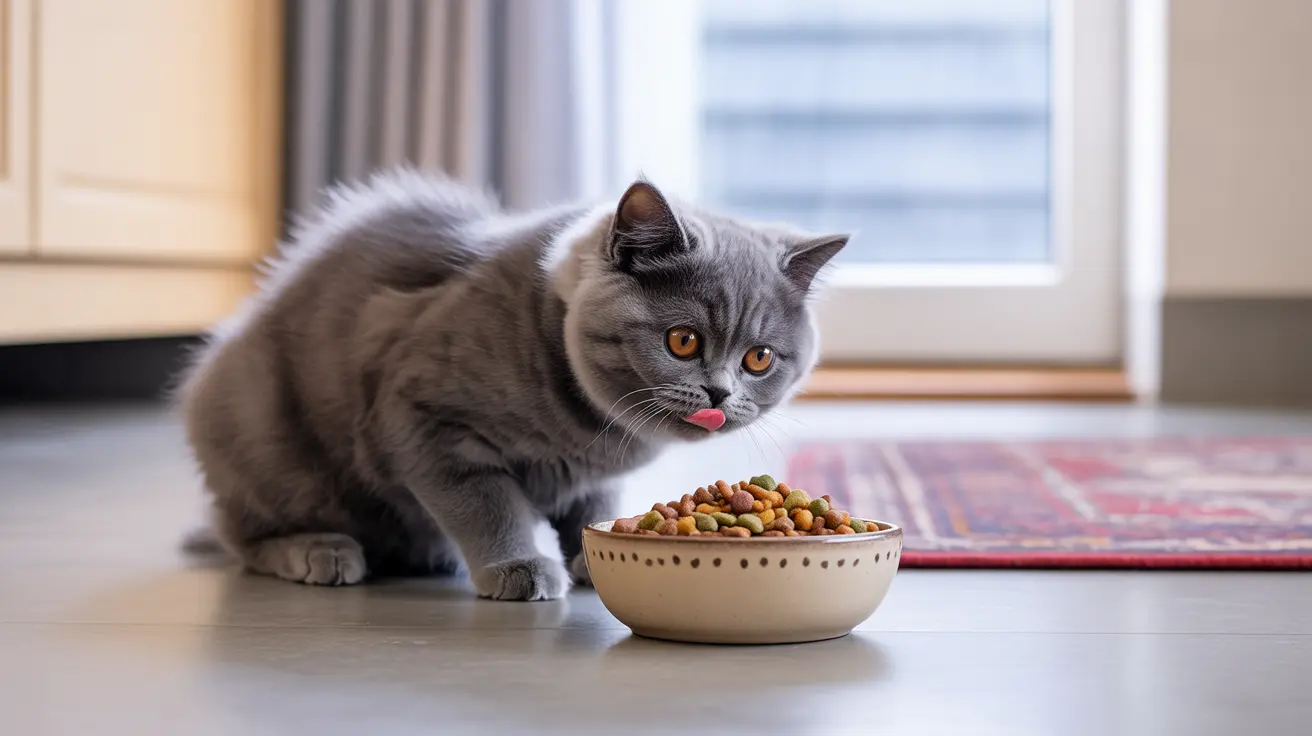Understanding the Nutritional Differences
Kitten food is specifically formulated to support rapid growth and development, containing significantly higher levels of protein, calories, and essential nutrients compared to adult cat food. While adult cat food typically contains a minimum of 26% protein, kitten food contains at least 30% protein to support healthy tissue development.
The caloric density in kitten food is also notably higher, designed to fuel the energetic needs of growing kittens. This increased caloric content can quickly lead to weight gain in adult cats who don't require the same energy intake.
Key Nutrient Variations
Some crucial differences in nutrient content include:
- Higher fat content for energy and brain development
- Increased calcium and phosphorus levels
- More concentrated vitamins and minerals
- Enhanced levels of DHA for cognitive development
- Greater amounts of essential amino acids
Potential Risks for Adult Cats
Regularly feeding adult cats kitten food can lead to several health complications:
Weight Management Issues
The higher caloric density in kitten food can quickly lead to obesity in adult cats, potentially triggering diabetes, joint problems, and other weight-related health issues. Adult cats generally require fewer calories and a more balanced nutrient profile for maintenance rather than growth.
Metabolic Concerns
The excess nutrients in kitten food can strain an adult cat's metabolism, potentially leading to:
- Liver stress from processing excess protein
- Kidney strain from higher mineral content
- Potential cardiovascular issues from excess fats
When Kitten Food Might Be Appropriate for Adult Cats
In certain circumstances, veterinarians might recommend kitten food for adult cats:
- Nursing mothers requiring additional calories
- Severely underweight cats
- Cats recovering from illness or surgery
- Seniors with appetite issues
Transitioning Between Food Types
When switching from kitten to adult cat food, a gradual transition over 7-10 days is essential to prevent digestive issues. Mix increasing amounts of adult food with decreasing amounts of kitten food until the transition is complete.
Frequently Asked Questions
Can adult cats safely eat kitten food occasionally without health risks?
Yes, occasional consumption of kitten food is generally safe for adult cats. However, it shouldn't become a regular part of their diet due to its higher caloric and nutrient content.
What are the potential health problems if an adult cat regularly eats kitten food?
Regular consumption of kitten food by adult cats can lead to obesity, diabetes, kidney strain, and other metabolic issues due to excess calories and nutrients.
When and how should I transition my kitten from kitten food to adult cat food?
Most kittens should transition to adult cat food around 10-12 months of age through a gradual 7-10 day process of mixing both foods in increasing ratios.
Why is kitten food nutritionally different from adult cat food?
Kitten food contains higher levels of protein, calories, fats, and essential nutrients to support rapid growth, development, and high energy needs during the first year of life.
Are there any special circumstances where vets recommend feeding adult cats kitten food?
Yes, veterinarians may recommend kitten food for nursing mothers, underweight cats, those recovering from illness, or seniors with appetite issues.
Conclusion
While adult cats can safely consume kitten food occasionally, it shouldn't become a regular part of their diet unless specifically recommended by a veterinarian. Understanding the nutritional differences between kitten and adult cat food helps ensure your cat receives appropriate nutrition for their life stage, maintaining optimal health and preventing potential complications.






